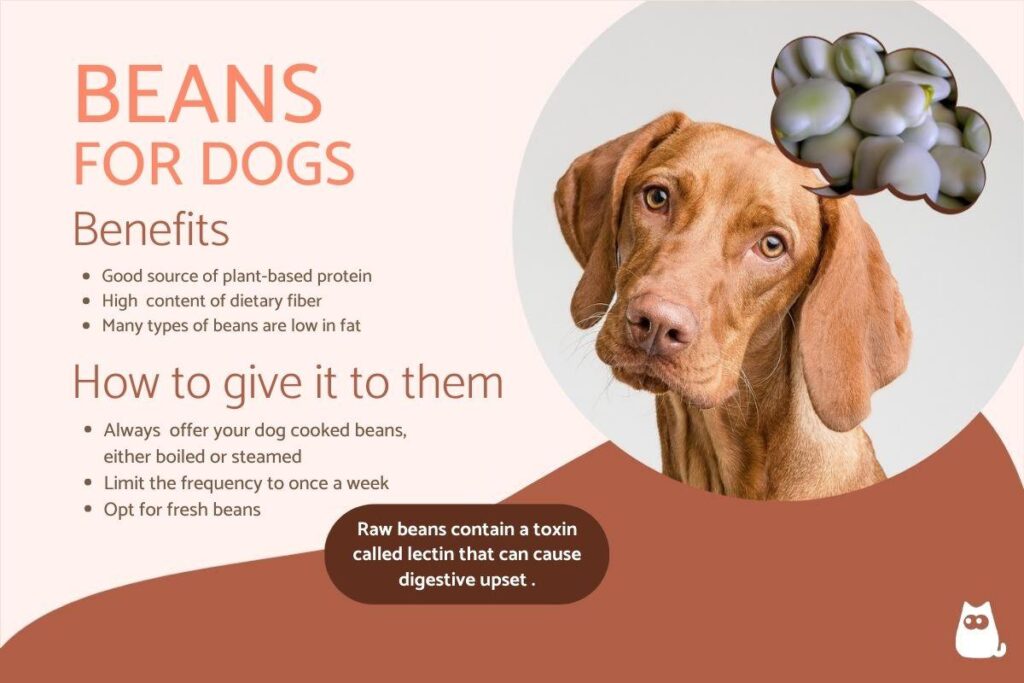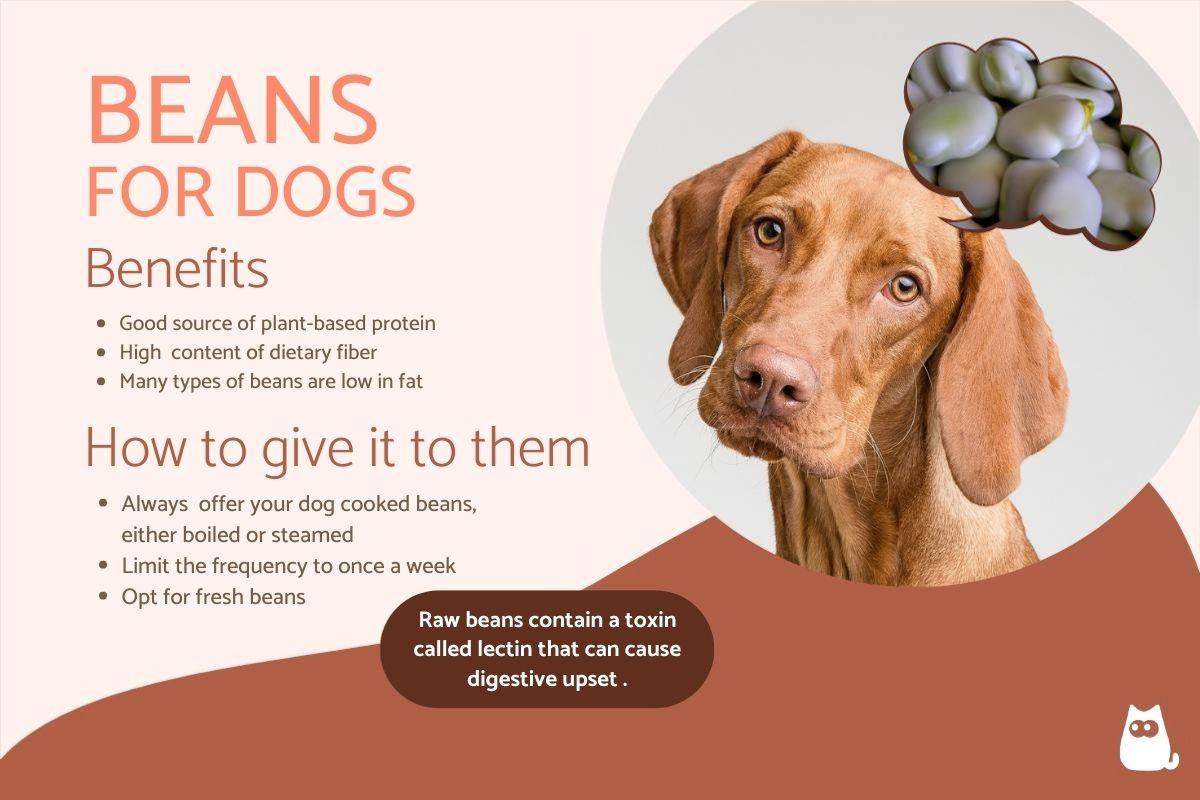
Are Coffee Beans Poisonous to Dogs? A Veterinarian’s Guide to Canine Caffeine Toxicity
The morning ritual. The comforting aroma. The pick-me-up that fuels our days. Coffee. For many, it’s an indispensable part of life. But what about our canine companions? The question of whether coffee beans are poisonous to dogs is a serious one, and the answer, unfortunately, is a resounding yes. This article delves into the dangers of coffee beans for dogs, providing crucial information for pet owners on recognizing, preventing, and treating caffeine toxicity.
The Caffeine Connection: Understanding the Threat
The primary culprit in coffee’s toxicity to dogs is caffeine. Caffeine, a stimulant found in coffee beans, tea leaves, cocoa beans, and other products, affects a dog’s central nervous system and cardiovascular system much more intensely than it affects humans. Dogs are significantly more sensitive to caffeine’s effects due to their smaller size and different metabolic rates. Even a small amount of coffee, including coffee beans, can be dangerous for a dog.
Why Coffee Beans Pose a Significant Risk
Coffee beans, whether whole, ground, or in used coffee grounds, contain a high concentration of caffeine. This makes them a particularly potent threat to dogs. A dog might encounter coffee beans in various ways – accidentally ingesting discarded grounds from a trash can, getting into a bag of coffee beans left unattended, or even consuming baked goods containing coffee. The risk is exacerbated by the fact that dogs are naturally curious and may be drawn to the scent of coffee.
Recognizing the Symptoms of Caffeine Poisoning in Dogs
Knowing the signs of caffeine poisoning is critical for prompt intervention. The symptoms can vary depending on the amount of caffeine ingested and the dog’s size, but some common indicators include:
- Restlessness and hyperactivity: The dog may pace, be unable to settle, and exhibit agitated behavior.
- Vomiting and diarrhea: Caffeine can irritate the gastrointestinal tract, leading to these symptoms.
- Increased heart rate and palpitations: The dog’s heart may beat rapidly or irregularly.
- Tremors and muscle twitching: These are often early signs of neurological effects.
- Increased urination and thirst: Caffeine acts as a diuretic.
- Elevated body temperature: The dog may feel hot to the touch.
- Seizures: In severe cases, seizures can occur.
- Collapse and death: Without timely treatment, caffeine poisoning can be fatal.
If you suspect your dog has ingested coffee beans or is exhibiting any of these symptoms, immediate veterinary attention is crucial. Time is of the essence.
What to Do If Your Dog Eats Coffee Beans
If you witness your dog consuming coffee beans or suspect they have, take the following steps:
- Remove the source: Prevent further ingestion of coffee beans.
- Contact your veterinarian or an emergency animal hospital immediately: Provide as much information as possible, including the type of coffee beans (e.g., whole bean, ground, decaf), the estimated amount ingested, and the time of ingestion.
- Do not induce vomiting unless instructed by a veterinarian: Inducing vomiting can sometimes be harmful. Your vet will determine the best course of action.
- Follow your veterinarian’s instructions: This may involve administering activated charcoal to absorb the caffeine, providing intravenous fluids to support the cardiovascular system, and monitoring the dog’s vital signs.
Early intervention significantly increases the chances of a positive outcome for your dog.
Preventing Caffeine Poisoning: Keeping Your Dog Safe
Prevention is always the best medicine. Taking proactive steps to safeguard your dog from coffee beans and other sources of caffeine is essential. Here are some key preventive measures:
- Store coffee beans securely: Keep coffee beans, ground coffee, and used coffee grounds in tightly sealed containers and out of your dog’s reach. This includes high shelves, cabinets with child-proof locks, and any area your dog can access.
- Dispose of coffee grounds properly: Always dispose of used coffee grounds in a secure trash receptacle with a lid that your dog cannot open. Consider using a compost bin that is inaccessible to your dog.
- Be mindful of baked goods: Avoid giving your dog baked goods that contain coffee, chocolate, or other caffeine sources.
- Educate family members and guests: Ensure everyone in your household and any visitors are aware of the dangers of coffee beans and other caffeine sources to dogs.
- Supervise your dog: When your dog is outside or unsupervised, be extra vigilant. Be aware of any potential sources of coffee beans or coffee grounds that your dog could encounter.
By implementing these preventative measures, you can significantly reduce the risk of caffeine poisoning in your dog.
Decaf Coffee Beans: Are They Safer?
While decaffeinated coffee beans contain less caffeine than regular coffee beans, they are not entirely caffeine-free. They still pose a risk, especially if ingested in large quantities. The amount of caffeine in decaf coffee beans can vary, and it is always best to err on the side of caution. Consider decaf coffee beans as still potentially dangerous for dogs. The same precautions regarding storage and disposal apply to both regular and decaf coffee beans.
The Broader Dangers: Other Caffeine Sources
Coffee beans are just one source of caffeine that can be dangerous to dogs. It’s important to be aware of other potential sources, including:
- Tea leaves and tea bags: Tea contains caffeine, and ingestion can lead to caffeine poisoning.
- Chocolate: Chocolate contains caffeine and theobromine, both of which are toxic to dogs. The darker the chocolate, the higher the concentration of these substances.
- Energy drinks and sodas: These beverages often contain high levels of caffeine and should never be given to dogs.
- Medications: Some medications, both human and pet medications, may contain caffeine. Always keep medications out of your dog’s reach and consult your vet before administering any medication.
- Coffee-flavored products: Be cautious with coffee-flavored ice cream, cakes, and other treats, as they may contain caffeine.
Always read labels and be vigilant about ingredients to protect your dog.
The Role of the Veterinarian
Your veterinarian is your primary resource for information and care related to caffeine toxicity in dogs. They can provide guidance on prevention, diagnosis, and treatment. Regular check-ups and open communication with your veterinarian are crucial for maintaining your dog’s health and well-being. If you suspect your dog has ingested coffee beans or any other source of caffeine, contact your veterinarian immediately. They can provide expert advice and potentially save your dog’s life.
Long-Term Effects and Prognosis
The prognosis for caffeine poisoning in dogs depends on several factors, including the amount of caffeine ingested, the dog’s size, the time elapsed before treatment, and the severity of symptoms. In mild cases, with prompt veterinary care, dogs can often recover fully. However, severe cases can lead to serious complications, including heart problems, liver damage, and even death. Even if a dog survives a caffeine overdose, there may be long-term health effects. Early detection and immediate treatment are crucial to minimizing the risk of long-term complications and ensuring the best possible outcome for your dog. The effects of coffee beans on dogs can be devastating, but with quick action and proper care, many dogs can recover.
Final Thoughts: Prioritizing Your Dog’s Safety
The potential dangers of coffee beans and caffeine for dogs cannot be overstated. As a responsible pet owner, it is your duty to understand the risks, take preventive measures, and be prepared to act quickly if your dog ingests caffeine. By being informed and proactive, you can help protect your furry friend from the harmful effects of caffeine and ensure they live a long, healthy, and happy life. Remember, if you have any concerns about your dog’s health, always consult with your veterinarian. Coffee beans, while a daily staple for many humans, are best kept far away from our canine companions. Prioritizing your dog’s safety means being vigilant about potential hazards, including the seemingly innocuous coffee bean. [See also: Canine Nutrition Guide] [See also: Common Dog Poisons and Toxins] [See also: First Aid for Dogs]


